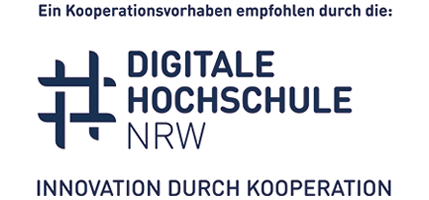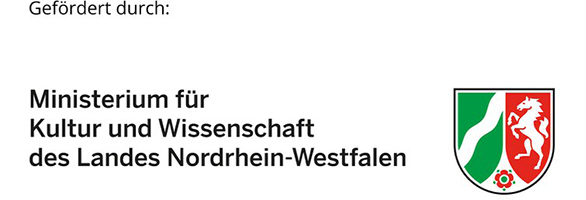RFID - Systematische Versuche für den zuverlässigen Einsatz in der Logistik
DOI:
https://doi.org/10.2195/LJ_Not_Ref_Wehking_042007Keywords:
Intralogistics, Intralogistik, Logistics, Logistik, Materialfluss, Materialflussplanung, intra logistics, technische LogistikAbstract
With increasing complexity and variety of the logistics processes the significance of the used information technologies increases. The information accompanying the material flow is necessary in order to be able to identify goods and to be able to use corporate resources optimally. The classical goods entrance is to be mentioned as an example. The notification of amount and kind of incoming goods can be used for previ-ously planning and providing of the personnel and necessary resources. The flow of information is to be understood accordingly as a high-quality feature and as an economic efficiency factor. The identification technologies form the interface between the physical material flow and the flow of in-formation on EDP-basis. Common identification technology in the industry consists of a storage medium and an acquisition device. The storage medium is fixed at the physical object. The acquisition device reads the object information contained on the storage medium and converts it into a binary-code which is relayed to subordinate EDP. The currently in the industry and on the market most frequently identification technology used is the barcode. In the last years the RFID-technology is focused by industry and retail. Radio Frequency IDenti-fication stands for the communication by radio waves between storage medium and reading device. Unlike the bar code, RFID user can read information without visual contact. A direction of the single articles is not necessary. Furthermore on certain transponder types larger amounts of data can be recorded than on a bar code. Transponders with high storage capacity are able to update the data set on them if required. A decentral-ised data organisation is realisable. A further advantage of the RFID-technology is the possibility to acquisition several data mediums in the fraction of a second. In this case bulk capturing is mentioned. This property is especially interesting in the field of goods receipt and goods issue. For example, with RFID the user has the possibility to convey pal-ettes with goods through an antenna field, to identify the articles and to render into the EDV in the frac-tion of a second. Next to the functionality of such technology particularly the economic efficiency stands to the fore in the industry. Transponders are today more expensive than bar codes. Furthermore the company have to cal-culate investments in the necessary RFID hardware and software. Therefore the use of the RFID-technology must involve savings through the reorganisation of the business processes. Currently a weak point of RFID is according to application the lacking reliability and repetitive accuracy of bulk capturing. The industry and the retail need identification technologies whose acquisition rate lies close to 100%. The danger consists, that unreliable RFID-systems can collect incomplete and/or faulty data. The correction of the data can be more expensive than the savings achieved by the reorganisation of the processes by using RFID. The acquisition of the transponders at bulk captures is influenced by several factors which are represented in the following text about experimental series detailed. The Institute for conveyor technique and Logistics in Stuttgart / Germany examines possible actuating variables for the acquisition rate in the case of bulk captures. With the won findings possible weak points with the acquisition of several transponders previously of an implementation into the logistics processes of an enterprise are supposed to be eliminated.Downloads
Published
2007-04-26
How to Cite
Wehking, K.-H., Siepenkort, A., & Rahn, K.-P. (2007). RFID - Systematische Versuche für den zuverlässigen Einsatz in der Logistik. Logistics Journal: Editorial-Reviewed. https://doi.org/10.2195/LJ_Not_Ref_Wehking_042007
Issue
Section
Artikel








